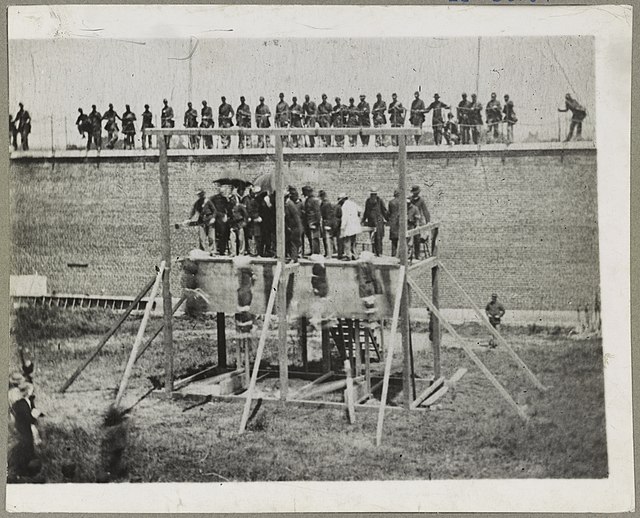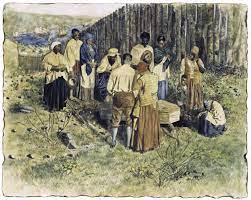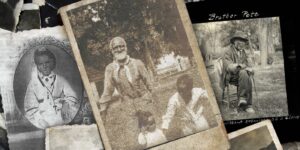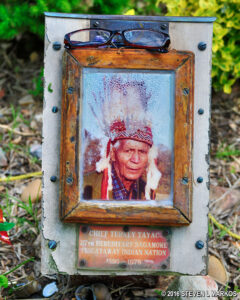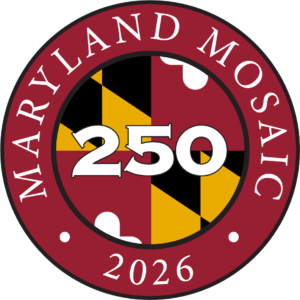Mary Jenkins Surratt (1820 or 1823 – 1865), accused and convicted of being in league with John Wilkes Booth (1838-1865), is hanged with three other conspirators for plotting to kill President Lincoln and members of his Cabinet in April, 1865. Mary and her son John were directly involved in the conspiracy: John fled to Canada to avoid arrest.
Mary Surratt is born in Southern Maryland and marries John Surratt who owns a tavern and inn in Prince George’s County. The Surratts are southern sympathizers and have friends who become Confederates when the Civil War starts.
When John Surratt dies in 1862, Mary moves to Washington where she opens a boarding house. She meets John Wilkes Booth and other conspirators who are planning assassinations. They meet often in her DC boarding house, and on the morning of the assassination Booth gives her a package for him to retrieve from her Maryland tavern later that night.
Booth, after killing the President, flees to Southern Maryland and then to Virginia, eluding pursuers for 14 days before being killed.
Mary Surratt is arrested soon after the April 14 events. A military tribunal sentences her to die largely on the testimony of two of her boarders. In spite of many pleas for clemency, Surratt is hung with three others on July 7, 1865.


